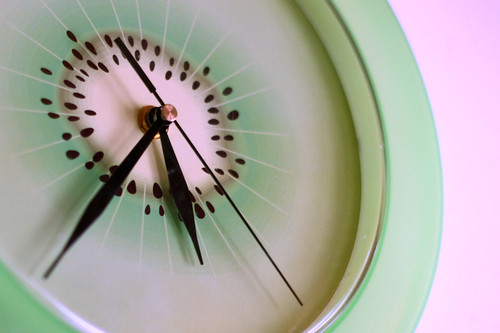Here are a few ways to save water:
1) Place a sealed plastic container in the tank at the back of your toilet. This will prevent the tank from filling up so high, which will mean that less water goes into the bowl every time. Of course, you could always install a low-flush function to your toilet instead.
2) Install a low-flow showerhead in your shower. This can save a lot of water, while still having the same amount of pressure as a regular showerhead.
3) Use aerators on all of your taps. These, too, maintain a good flow, so you'll feel like you are using a regular tap. All the bubbles in the water can significantly reduce your water usage.
4) Stop those leaky taps! See an old blog post of mine for details: http://hugatreetodayseriously.blogspot.com/2011/12/stop-those-leaky-taps.html.
5) While brushing your teeth and doing similar activities, make sure to leave the tap off!
6) When doing the laundry and dishes, only wash full loads.
7) Use the dishwasher instead of washing by hand. It actually saves water! (Relieved?)
8) Grow plants that are well-suited to your region. These plants are probably less finicky and will use less water. For those of you who live in Canada, you can get some truly fantastic information about which plants are native to your region at http://www.cwf-fcf.org/en/what-we-do/habitat/resources/native-plant-encyclopedia/. I'll talk more about gardening, however, as spring approaches.
9) Place a rain barrel outside your house to collect rainwater. This can be used to water houseplants and your garden. Snow can also be used to water house plants, but be sure that it is properly melted first-- you don't want to freeze your plants!
10) Lastly, when cleaning your driveway, sweep it instead of washing it with the garden hose.
Fun Fact!
Water is so essential to life that it has collected many names over the years, and, of course, it exists in many different languages. Here are some other names for water:
- H20
- Aqua/ Aqua Pura
- dihydrogen monoxide
- Adam's ale (Australian slang)
- eau (French)
- agua (Spanish)
- shui (Chinese)
- fisherman's daughter (Cockney slang)
- ten furlongs mile and a quarter (Cockney slang)
"Okay, but make sure to conserve it, otherwise we won't have any aqua pura left!"




